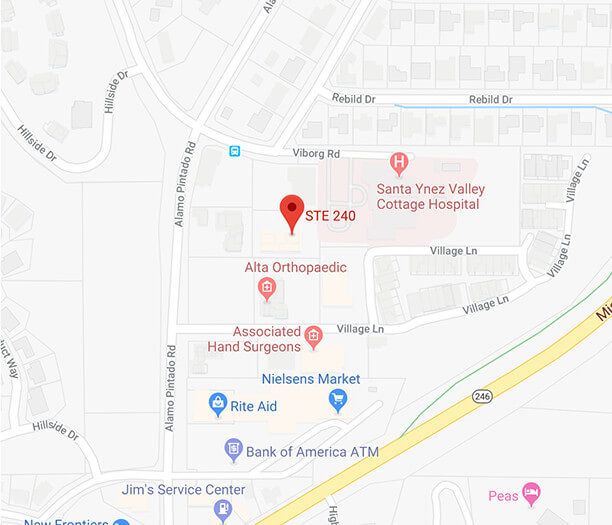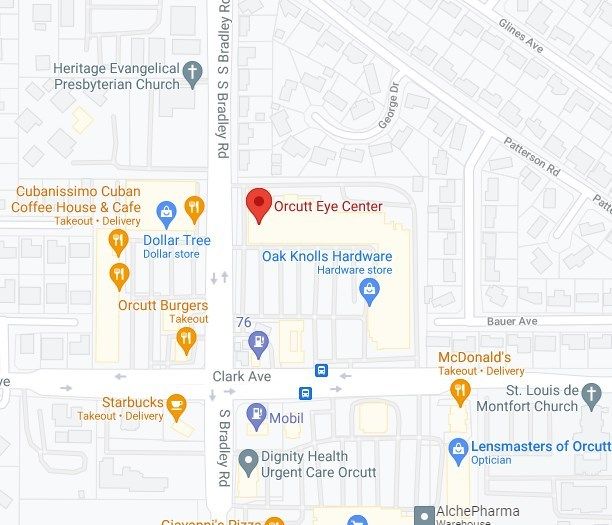
Pterygium is a common eye condition that affects individuals of all ages, but it is more prevalent in those who spend a significant amount of time outdoors. By recognizing the signs of pterygium and seeking timely medical attention, you can take proactive steps to prevent further growth, preserve your vision, and minimize the risk of complications.
What is Pterygium?
Pterygium is characterized by the growth of a fleshy, triangular-shaped tissue on the conjunctiva, the clear membrane that covers the white part of the eye. This abnormal tissue can extend onto the cornea, the transparent front part of the eye, causing various symptoms and potentially leading to vision problems if left untreated.
The exact cause of pterygium is not well understood, but it is believed to be linked to prolonged exposure to ultraviolet (UV) radiation from the sun, dust, wind, and other environmental factors. People who live in sunny and windy climates are more prone to develop pterygium. Additionally, individuals who spend a lot of time engaging in outdoor activities or have certain occupations, such as farmers and fishermen, are at a higher risk.
The symptoms of pterygium can vary depending on the severity of the condition. In the early stages, individuals may experience mild discomfort, such as itching, redness, and a sensation of having something in the eye.
The Progression of Pterygium
Pterygium is a progressive condition, meaning that it tends to worsen over time if left untreated. Initially, the growth may be small and relatively harmless, causing only mild symptoms. However, as the pterygium advances, it can become larger and more invasive. It may start to encroach upon the cornea, potentially leading to corneal scarring or distortion. This can result in vision problems, such as blurred vision or astigmatism.
Additionally, the growth of pterygium can cause the conjunctiva to become inflamed and swollen, leading to a condition called conjunctivitis. The persistent irritation and inflammation can exacerbate the symptoms and make the eyes more susceptible to infection. In severe cases, pterygium can even obstruct the visual axis, obstructing the passage of light into the eye and significantly impairing vision.
When to Seek Urgent Medical Attention for Pterygium
Although pterygium is generally a benign condition, there are instances when urgent medical attention is warranted. If you experience any of the following symptoms, it is essential to seek immediate medical care:
1. Sudden or severe eye pain: If you develop intense eye pain, it may indicate a complication such as corneal erosion or infection. Prompt medical attention is crucial to prevent further damage and alleviate discomfort.
2. Rapid growth or change in appearance: If you notice that the pterygium is rapidly increasing in size or changing in color, shape, or texture, it may indicate an aggressive form of pterygium. This requires evaluation by an eye specialist to determine the appropriate course of treatment.
3. Vision changes: Any significant changes in your vision, such as sudden blurring, double vision, or decreased visual acuity, should be taken seriously. These symptoms may indicate corneal involvement or other complications associated with pterygium.
4. Persistent redness and inflammation: If the redness and inflammation around the pterygium persist despite self-care measures, it is advisable to seek medical attention. These symptoms may suggest an underlying infection or inflammation that requires treatment.
If you have any concerns or doubts about your pterygium, consult an eye care professional for a thorough evaluation.
Navigating Pterygium for Your Optimal Eye Health
Pterygium may start as a seemingly harmless growth on the white of the eye, but it can progress and cause significant complications if left untreated. It is crucial to understand the causes, symptoms, and potential risks associated with pterygium.
Consult an eye care professional for a thorough evaluation and discuss the appropriate treatment options based on your condition's severity. By taking pterygium seriously and addressing it promptly, you can protect your eyes and maintain optimal vision for years to come.
If you suspect you have pterygium or are experiencing any symptoms associated with this condition, consult our professionals at Shepard Eye Center at our offices in Santa Maria, CA (805) 925-2637, Lompoc, CA (805) 736-2020, Solvang, CA (805) 688-0707, Orcutt, CA (805) 937-9532 Morro Bay, CA (805) 772-1269, Templeton, CA (805) 434-5970, San Luis Obispo, CA (805) 781-3937, and SLO LASIK (805) 387-2020 to schedule a consultation today



























